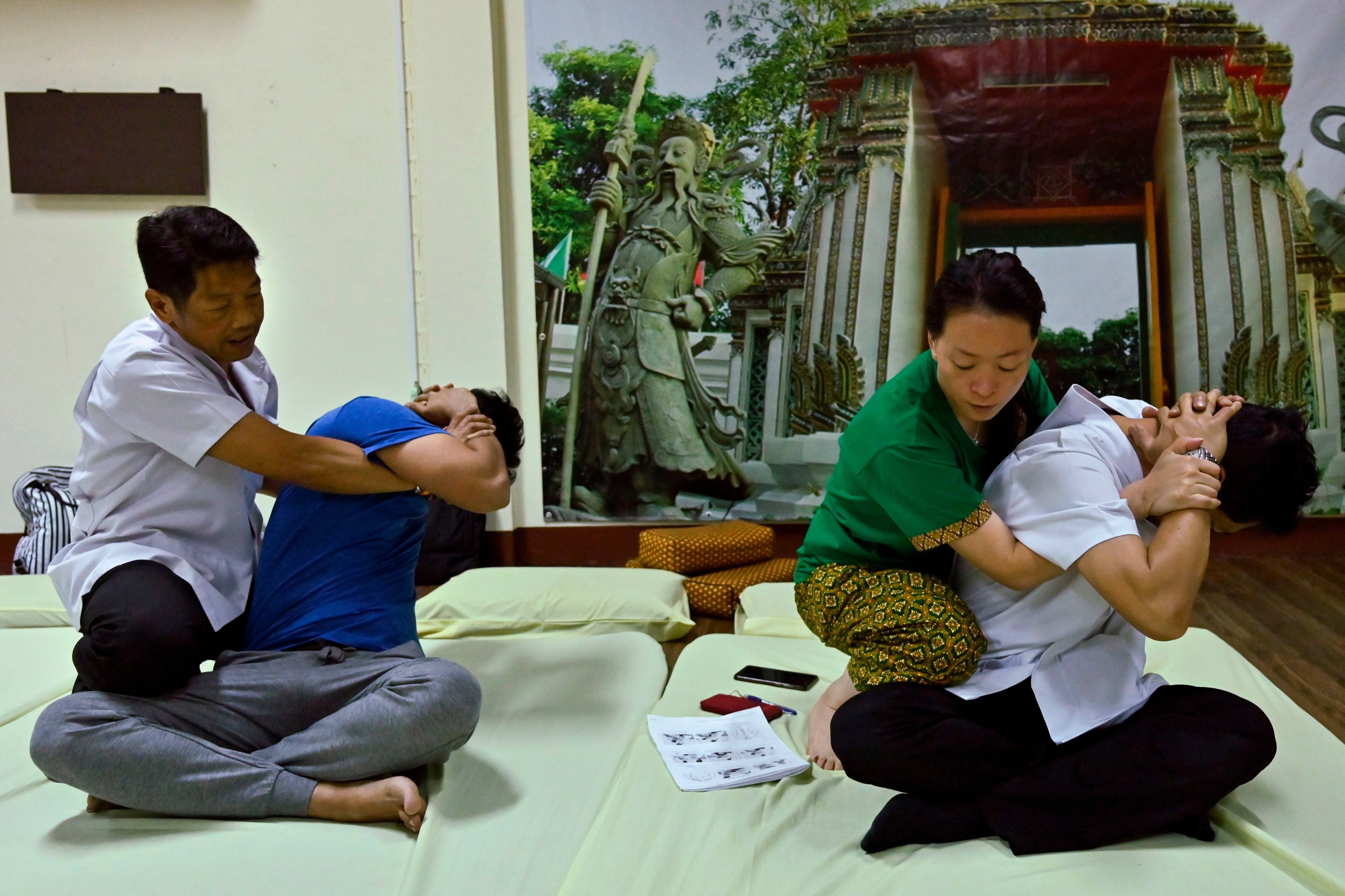Your support helps us to tell the story
From reproductive rights to climate change to Big Tech, The Independent is on the ground when the story is developing. Whether it’s investigating the financials of Elon Musk’s pro-Trump PAC or producing our latest documentary, ‘The A Word’, which shines a light on the American women fighting for reproductive rights, we know how important it is to parse out the facts from the messaging.
At such a critical moment in US history, we need reporters on the ground. Your donation allows us to keep sending journalists to speak to both sides of the story.
The Independent is trusted by Americans across the entire political spectrum. And unlike many other quality news outlets, we choose not to lock Americans out of our reporting and analysis with paywalls. We believe quality journalism should be available to everyone, paid for by those who can afford it.
Your support makes all the difference.
The deaths of a Thai singer and a Singaporean tourist following visits to massage parlours in Thailand have caused shock and prompted warnings from doctors.
Chayada Prao-hom, 20, died in a hospital in northeastern Udon Thani city on Sunday. Her health had reportedly deteriorated following three massage sessions since October.
She had taken the massages to relieve shoulder pain, the Nation TV reported.
A few days after receiving the first massage, the singer reported on Facebook that she had been left bedridden, with numbness spreading through her body. Her condition deteriorated with consecutive sessions instead of improving.
In that 6 November post, Chayada said she had gone to a parlour for two sessions of “a neck twist” and another massage with a “heavy hand”, the South China Morning Post reported.
She found herself in a paralytic state a fortnight later, unable to lift her right arm.
“I want my story to be a lesson for those who like being massaged a lot. I must recover. I want to work already,” Chayada wrote.
The singer died from a blood infection and brain swelling, the hospital said.
An investigation had been launched to determine whether her death was linked to the treatments or any underlying causes, provisional authorities told reporters on Monday. They confirmed that the parlour and all the masseuses were working with proper licences.

In a similar incident, a Singaporean tourist died after taking a massage at a parlour in Phuket, police said. Lee Mun Tuk, 52, died soon after receiving a 45-minute oil massage at a parlour on Patong beach, the Bangkok Post reported.
Patong police chief Chalermchai Hernsawad said Lee had fallen asleep during the procedure and started showing symptoms of distress after some time.
The man’s wife, who was travelling with him, did not allow an autopsy to confirm the exact cause of his death. She was taking his body home for funeral, the police chief said.
She told police her husband was drunk when he went for the session and that she did not suspect foul play as he had a sedentary lifestyle, Mr Hernsawad said.
It was not clear if massages were the reason for the deaths. In any case, the deaths caused shock in the country, a tourist hotspot, and sparked warnings from experts against some techniques used by masseuses.
Prof Dr Thiravat Hemachudha, advisor to the College of Oriental Medicine at Rangsit University warned that twisting the neck or massaging the cervical spine could lead to paralysis.
If done the wrong way, he said, they could “increase the risk of harm to the blood vessel walls that supply the brain, especially the back, tearing and causing brain tissue death, hemiplegia, paralysis”.
People with obesity or high blood pressure faced an increased risk of stroke-related paralysis. “The danger will increase in tandem with the force of the twisting, flicking or circling one’s head. Repeating these activities for a long time will not only create problems for the nerves but also the blood vessels at the neck,” Dr Thiravat said.

